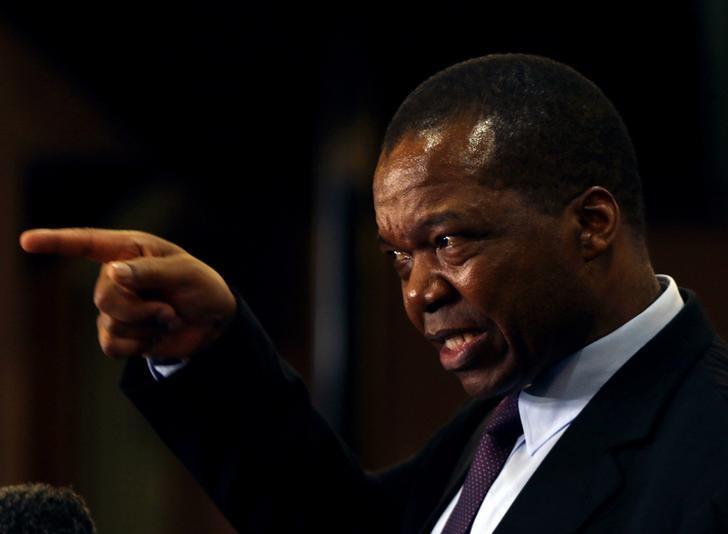Current account position to remain strong: RBZ
Zimbabwe expects its external sector position to remain relatively strong and in the process support exchange rate stability while adding further impetus to the ongoing disinflation drive, the Reserve Bank of Zimbabwe has said.
Interestingly, the IMF in its July 2021 External Sector Report themed Divergent Recoveries and Global Imbalances released this week has a map that projects Zimbabwe to be among a few African and global countries that will see a current account surplus in 2021.
According to the 2021 Mid-Term Monetary Policy Statement (Mid-term MPS) released by the central bank Thursday, the external sector position is reflective of strong real sector performance, continued monetary restraint and fiscal consolidation.
Foreign currency receipts amounted to US$4,02 billion in the first half of the year, compared to US$3,12 billion received over the same period in 2020, representing a 29,1 percent increase in foreign currency supply.
The central bank believes merchandise exports will maintain strong growth on the back of positive global and domestic economic outlook.
While imports are also projected to increase by 21.7 percent, the central bank expects the
current account balance to remain in a surplus position.
“Taking into account of foreign receipts and payments the current account balance for 2021 is projected to remain in a surplus position, albeit at a moderated level of US$611,6 million, compared to US$1,096.3 million recorded in 2020,” reads part of the Mid-term MPS.
The RBZ attributed the strengthening external position to the current recovery in the global economy, which is expected to register strong growth of 6,0 percent in 2021, from an estimated negative growth rate of 3,2 percent in 2020.
“The phenomenal recovery in the global economy is simultaneously strengthening international commodity prices with potentially positive knock-on effects on Zimbabwe’s export receipts,” reads part of the Mid-term MPS.
The apex bank noted that the rally in commodity prices brings with it a downside risk emanating from increasing global energy prices with adverse implications for the country’s energy import bill.
The central bank was, however, quick to point out that foreign exchange gains from improved exports will outweigh the corresponding losses from the incremental energy im portbill.
“This, in effect, is envisaged to mute the possible negative implications of higher global petroleum prices on both inflation and external sector resilience,” reads part of the Midterm MPS.
Commenting on the current position with regards inflation and the exchange rate which it said can be supported by “a strong external sector position”, the RBZ said despite the exogenous global inflation factors, month-on-month inflation which reflects current inflation trends will remain stable at around 2 percent during the second half of 2021.
“Importantly, core inflation which measures trend inflation by excluding volatile CPI items such as food and fuel prices stood at 55,8 percent in July 2021, also pointing to sustainable deceleration of inflation pressures in the economy.”
The RBZ took the opportunity to explain that the deviation from the initial end period forecast of just below 10 percent was due to unavoidable shocks to international food and administered prices such as higher freight rates. Annual inflation is now expected to fall between 25 and 35 percent by end of December 2021.
On the exchange rate, the RBZ said it is satisfied with the achievements of the Foreign Exchange Auction System which has had a significant impact on the economy over the year it has been in operation.
The stance to continue with the foreign exchange auction system comes as the gap between the official and the parallel market exchange rate has widened above 50 percent.
“The Bank is addressing the gap between the official and parallel exchange rates through tightening money supply, expunging the foreign exchange allotment backlog, increasing the attractiveness of the local currency so that the local currency complements rather than competes with the USD”, reads part of the Mid-term MPS.-ebusinessweek










